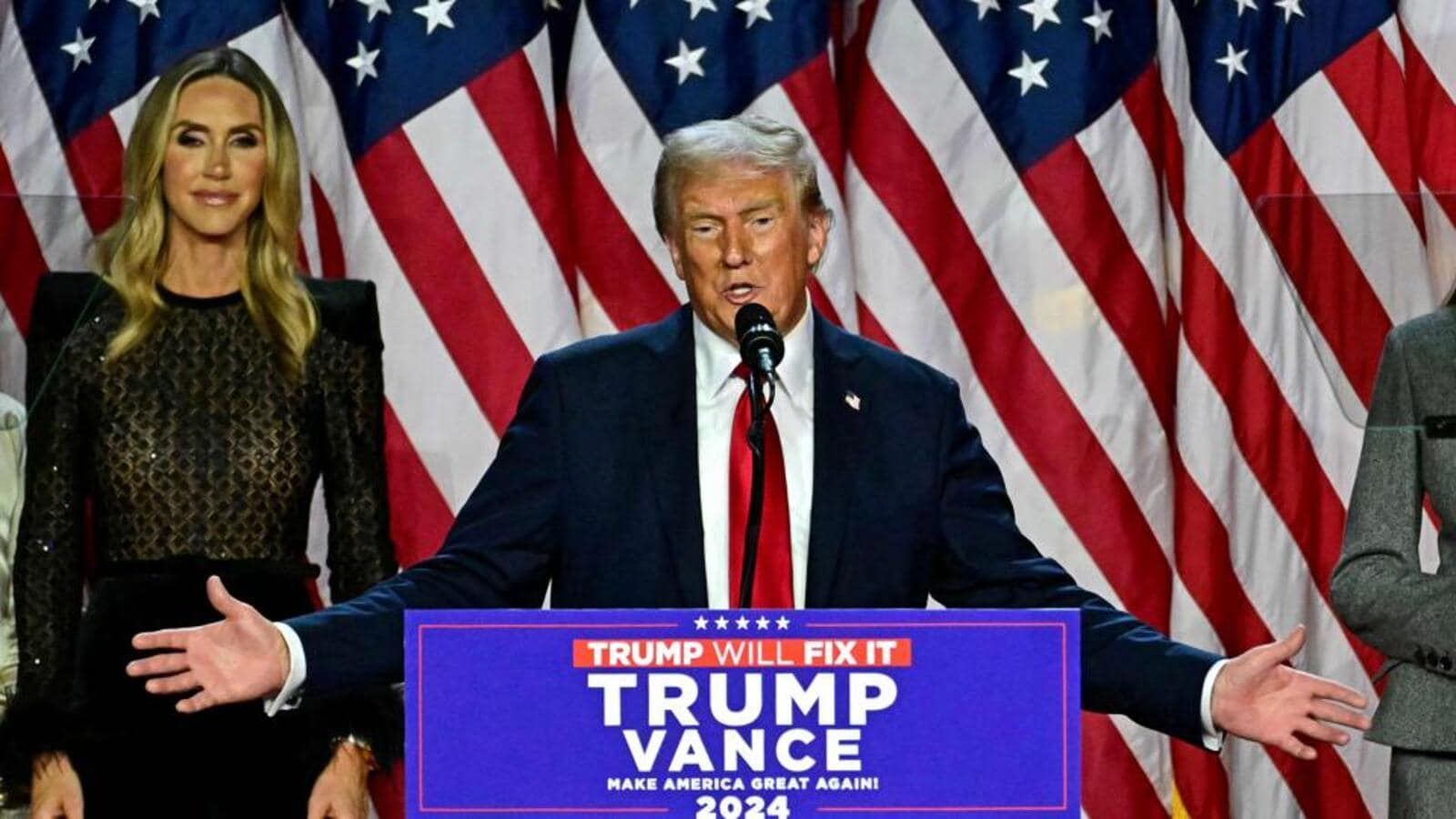
As Donald Trump prepares to return to the White House, he’s outlined an ambitious agenda for his second term. Centered on issues like immigration reform, economic policies, foreign relations, and social issues, his promises resonate with supporters and spark debate among critics. Here are the seven primary actions Trump has pledged to take as president in 2024:
Deport Undocumented Migrants
Trump has committed to conducting one of the most extensive deportation efforts in U.S. history. He also plans to complete the U.S.-Mexico border wall, which started during his first term. Record numbers of southern border crossings occurred during the Biden administration, fueling Trump’s stance on immigration. However, experts believe mass deportations would be logistically challenging and economically disruptive, potentially impacting industries that rely on immigrant labor.
Economic and Tax Reforms
With inflation being a key voter concern, Trump has pledged to “end inflation” and enact sweeping tax reforms. His plans include making tips tax-free, abolishing taxes on Social Security payments, and lowering corporate taxes. He has also proposed new tariffs on foreign goods, especially from China, to reduce the trade deficit. While these moves aim to boost domestic production, some economists warn that they could raise consumer prices and strain international relations.
Rolling Back Climate Regulations
In line with his earlier policies, Trump plans to reverse environmental regulations and expand fossil fuel production. He has criticized the Biden administration’s push for electric vehicles, promising to bolster the American car industry with fewer restrictions instead. His strategy includes opening protected areas like the Arctic for oil drilling, which he argues will lower energy costs. However, many climate experts caution that this approach could have severe environmental impacts and hinder global efforts to combat climate change.
Ending the Ukraine War
Trump has promised to end the Russia-Ukraine conflict within 24 hours by negotiating a peace deal. This stance reflects his broader view that the U.S. should disengage from foreign conflicts. Trump has criticized the billions spent on supporting Ukraine, suggesting that the resources could be better allocated domestically. Critics argue that such a move could embolden Russian aggression, destabilizing the region further.
Opposing a National Abortion Ban
Despite pressure from some conservative supporters, Trump has stated that he would not pursue a nationwide abortion ban, instead advocating for state-level decisions. With abortion remaining a divisive issue, his stance underscores a shift from his first term, when the Supreme Court overturned the federal right to abortion. His approach is to leave the decision to individual states rather than impose federal restrictions.
Pardoning January 6 Rioters
Trump has vowed to pardon some of the individuals convicted in connection to the January 6 Capitol riot, describing them as “political prisoners.” While he concedes that a few individuals may have “gotten out of control,” Trump contends that many are unjustly imprisoned. This promise is controversial, as the riot is widely seen as a violent attempt to overturn the 2020 election results.
Firing Special Counsel Jack Smith
Trump has pledged to remove Special Counsel Jack Smith, who has led investigations into Trump’s alleged efforts to overturn the 2020 election and his handling of classified documents. Trump has labeled Smith’s investigations as politically motivated, accusing him of a “witch hunt.” If re-elected, Trump’s removal of Smith would mark a direct intervention in an ongoing legal matter, unprecedented for a sitting president.
As Trump prepares to implement his agenda, these policies will likely shape U.S. politics, economy, and international relations for years to come.
